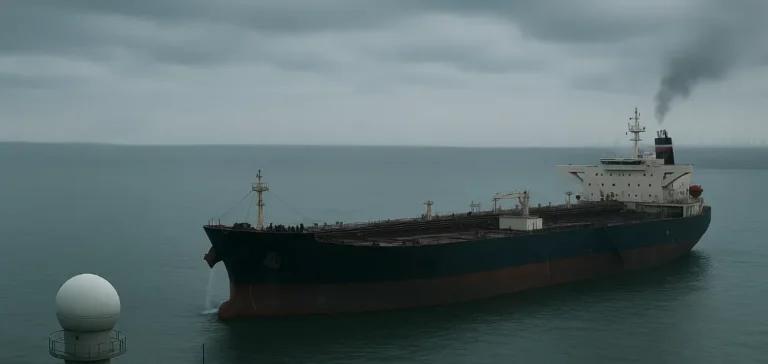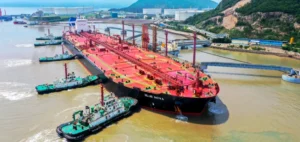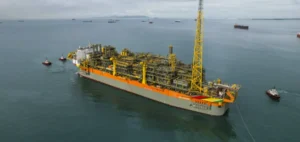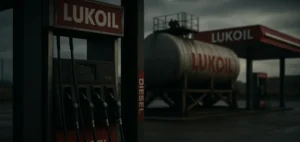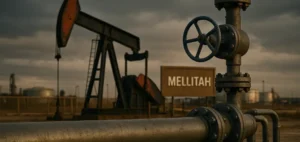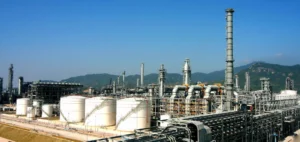The British government is intensifying measures against Russia’s maritime hydrocarbons sector, announcing additional sanctions against 20 tankers operating in the parallel fleet known as the “shadow fleet,” as well as Rosneft Marine, a UK-based subsidiary specialized in marine fuel supply.
Precise Targeting of Maritime Sector
These new sanctions, announced during the G7 summit on June 17, directly target vessels identified as transporting significant volumes of Russian crude oil, heavy fuel oil, and refined petroleum products. According to data from S&P Global Commodities at Sea, these twenty tankers have exported approximately 25 million barrels of Russian petroleum products since the beginning of this year. Concurrently, the companies Orion Star and Valego, responsible for operational management and crewing of these ships, have also been blacklisted by the UK. This move aims to limit the logistical capabilities of the Russian parallel fleet, which has expanded rapidly in recent years due to Western sanctions.
Economic Impact of Sanctions
British Foreign Secretary David Lammy emphasized that these sanctions are part of a broader financial restriction strategy aimed at cutting off Russia’s oil revenues necessary to fund its war effort in Ukraine. This action comes as the price of Russia’s benchmark crude oil, Urals, now exceeds the $60 per barrel ceiling imposed by the G7 and its allies since December 2022. In response, the European Union recently proposed lowering this price cap to $45, although the U.S. position on this measure remains unclear, creating uncertainty regarding the future evolution of economic sanctions against Moscow.
Rising Crude Prices Amid Geopolitical Tensions
Recent price dynamics reveal a significant rise in crude oil prices, fueled by heightened geopolitical tensions in the Middle East following recent Israeli airstrikes on Iran. Within a span of five days, the export price of Urals crude from the Russian port of Primorsk has risen from $57.73 to $63.72 per barrel, highlighting the immediate effects of regional disruptions on global energy markets. This situation is prompting G7 countries to reconsider their sanctions strategies to maintain a balance between financial pressure on Moscow and stability in international oil markets.
The effective implementation of these sanctions is expected to have a direct impact on commercial and logistical flows of Russian hydrocarbons. Maritime sector players are closely monitoring these developments to anticipate potential repercussions on operational costs, marine insurance, and risks associated with managing sanctioned vessels.


